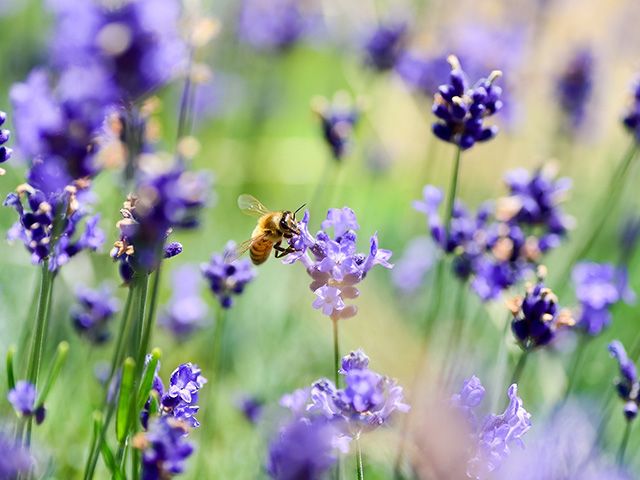
5 easy ways to create a bee-friendly garden
It’s World Bee Day 2020, so what better time to re-examine how your garden could be a better home to these crucial, but at-risk insects.

Image: Pixabay
Save the bees! These pollinators are crucial to our natural eco-systems, but in recent years have become a rarer sight in our gardens due to myriad reasons, including loss of habitat and increased use of pesticides.
However, there are easy ways you can ensure your garden provides a good home for bees, from choosing the right plants to creating a little bee-friendly infrastructure that will help them thrive.
Choose nectar and pollen-rich flowers
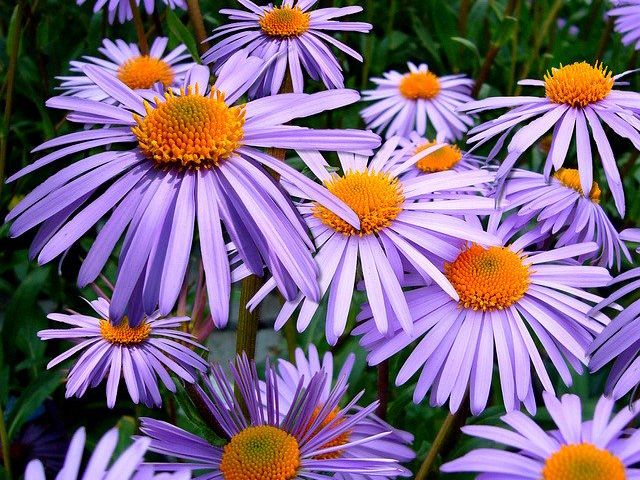
Image: Pixabay
Not all flowers are equal when it comes to providing lots of nectar for in-decline pollinators, so bone up on the varieties that can best support wild bees. You can find an in-depth list from the Royal Horticultural Society, which includes ideas for winter and summer gardens, for a year-round haven for bees.
Create bee hotels
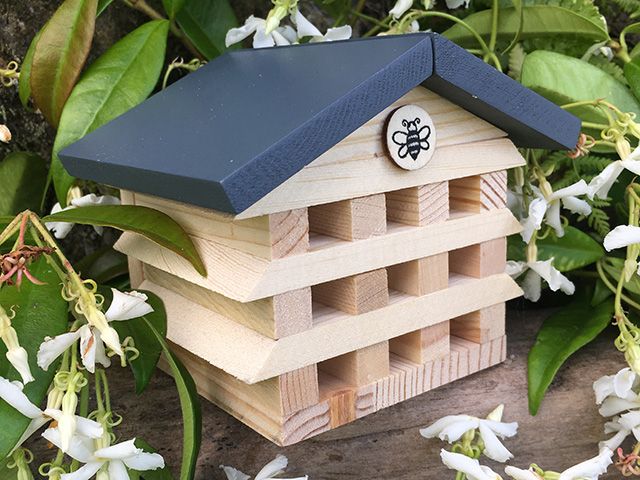
Image: Annabelle James
Don’t panic, a bee hotel isn’t going to turn into a hive! These are for solitary bee species who like to lay their eggs in small holes surrounded by food so they can hatch in a safe space.
Let nature grow
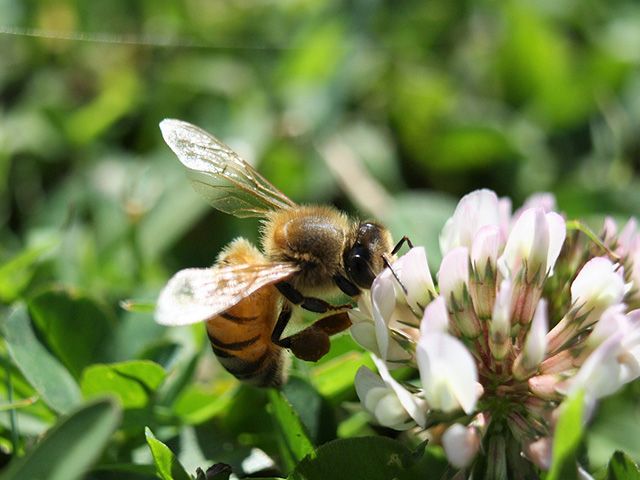
Image: Pixabay
During the lockdown, bee numbers have been helped by small acts such as not cutting roadside verges, allowing natural wildflowers and weeds to grow that sustain wild bees. You may consider allowing a portion of your garden to be left ‘wild’ to offer a refuge for these pollinators.
Offer access to water
In summer, bees often seek out water to cool off their nests. If you have a pond, bird bath or water feature in your garden, place pebbles in the edge that bees can land on and gather water.
Provide shelter
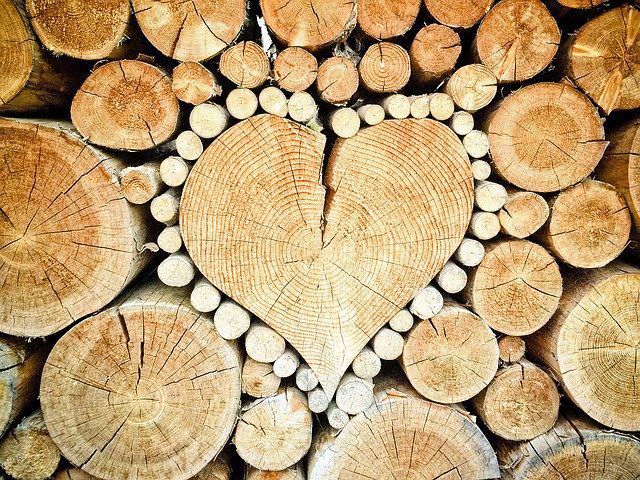
Image: Pixabay
Creating shelters for bees from the rain in your garden is a great way to help them survive the UK’s often tempestuous weather. Keeping a log pile, for example, offers a great spot.
In autumn, queen bees also look for nests to hibernate it. These are often rodent holes, but you can also build a nest for bees from an old plant pot and some other garden materials.
Any of your own tips for a bee-friendly garden? Let us know on social! Tweet us @goodhomesmag or post a comment on our Facebook page.




